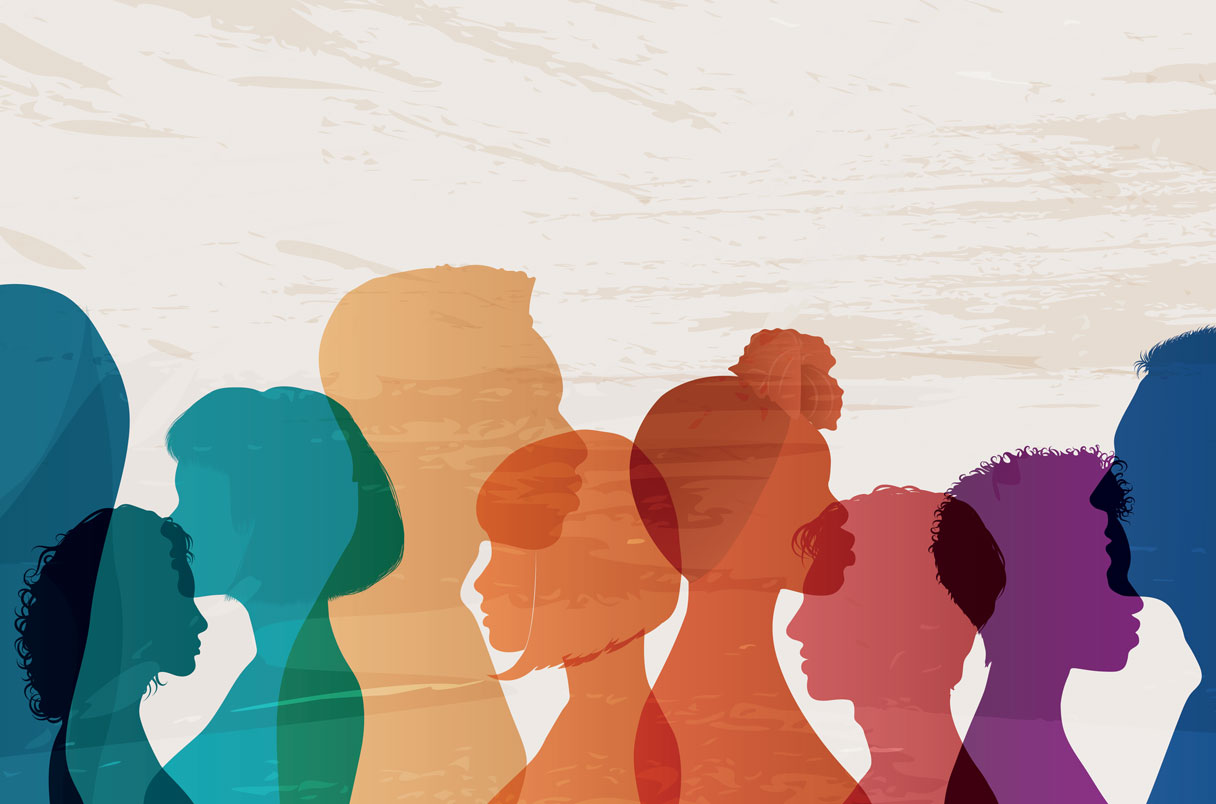
Completing a PhD is challenging under regular circumstances, but even more so when you’re a trans person hiding who you are. This was part of my motivation for coming out in the past year, a decision I had put off for years because in my home country, serious violations of LGBTQ rights are commonplace, and it wouldn’t be safe to be openly trans. Since coming out, I’ve come to realise that there are many parallels between finding your identity as a researcher and finding your identity as an openly trans woman. This article is about being yourself even under challenging circumstances.
Identity is often a key part of research – many researchers spend their whole lives developing a name for themselves as a credible investigator in a specific niche field. I can’t help but see the parallel between this and developing a name for myself as Aurora. In both cases, the acknowledgement of your peers really matters – it can be extremely affirming professionally to be the first person someone thinks of when thinking of a research topic, just as it can be extremely affirming personally to be the first person someone thinks of when they think of your chosen name. Regardless of your experience before, starting life as either a specialised researcher or as a trans woman means learning new things about yourself, your limitations, and your goals on an intimate level. As you try new and challenging things, you find parts of your identity you may keep, change or even discard.
Identity is also shared – having an identity means being part of a community with a shared understanding of your mutual experience. Both being a researcher and being trans are incredibly difficult experiences to go through alone. A supportive community that understands what your goals are is essential for your long-term wellbeing. As a researcher, you want to be able to seek non-judgemental advice from experienced colleagues in the field, especially when you are submitting work to challenging publication outlets. As a trans woman, you want to be able to seek non-judgemental advice on how you can deal with the physical and emotional changes you’re experiencing. There is no manual for the changes you are going through, but there are commonalities in your experiences that can help with feeling less alone. Having people that have been in your shoes before means there are people that can empathise with your experiences during both the highest highs, and more importantly, the lowest lows.
You can also be proud of your identity. In many ways, pride and being loud about who you are matters even more as someone under difficult circumstances. As a researcher, pride in your work means being willing and skilled enough to defend it against challenging reviews from journals so that it actually sees publication, and potentially makes a difference in the world. In the same way, pride in yourself as a trans person is important because no one hears the voices of those who don’t speak, and even many supportive allies are completely taken aback seeing some of the everyday struggles around fair treatment many of us receive. Performing pride even under challenging circumstances means self advocacy and confidence, which are the main ways that invisible struggles become visible, as people get to know us better.
Finally, a key element to any meaningful contribution to research is originality, which often manifests as being your own critic and making a decision on if the latest lead is genuinely original, or merely following a larger trend. Similarly, as a trans woman, I often find myself questioning if choices I’m making about how I dress, act or speak are merely stereotypes of gender enforced by strict conservative standards, or aspects of my identity that genuinely make me fulfilled. Applying the same criticality helps with deciding what I really want out of my transition, but in both cases it must come with understanding that being too critical can also mean removing parts of myself or my work that are truly original.
My time in Australia may be limited, but one thing is for certain, having the opportunity to transition has been the most important progression of my identity I’ve experienced in years. I fear that returning home after my PhD’s completion would mean having to detransition and lose this part of my identity – there is no legal recognition or healthcare access for trans people where I am from. But if it’s any consolation, this exploration of self has been a monumental instrument in achieving a better understanding of who I want to be, and how I will get there. I may someday only be known as Aurora to myself and close friends, but I’ll always have my identity as a researcher, and that’s something I can take pride in regardless of where I am.
Written by Aurora X
Views: 57
